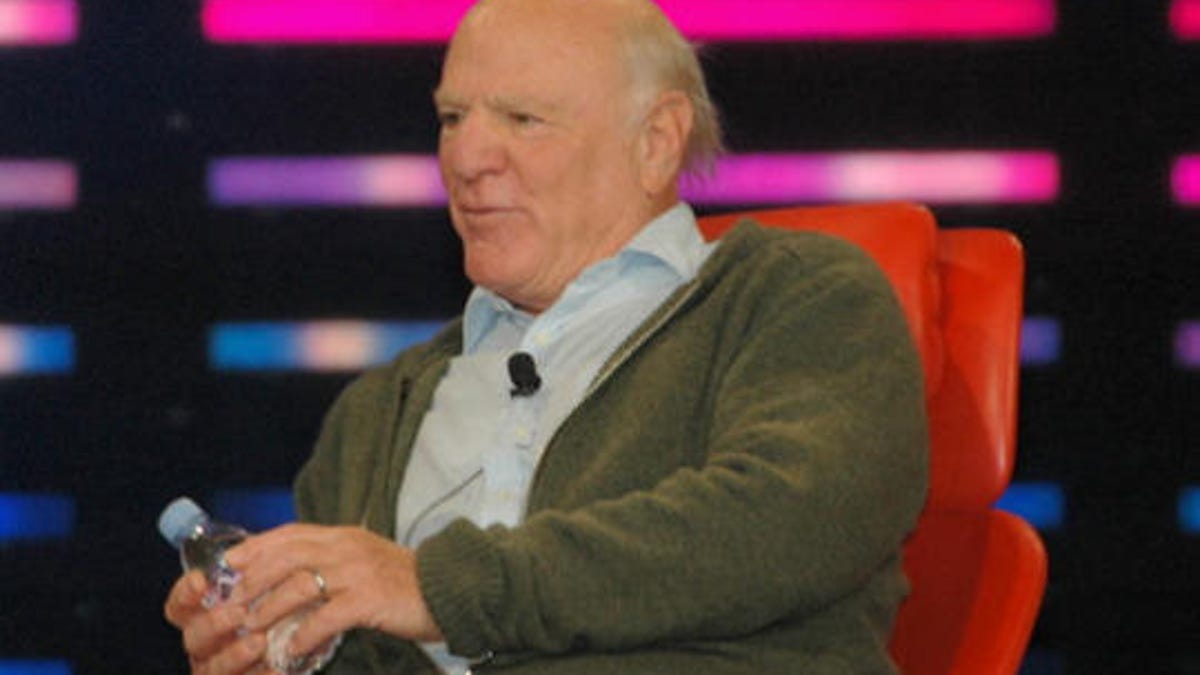Barry Diller to broadcasters suing TV service Aereo: Bring it on
The always-frank Diller told a crowd at SWSX he's eager, ready and within the law to help people watch live broadcast TV without paying the broadcasters.

AUSTIN, Texas--Barry Diller knew full well that the TV broadcasters would go to battle to stop Aereo, a streaming service that's scheduled to go live in New York City on Thursday. And he couldn't care less.
Speaking at SXSW, Diller explained why he loves the service, and then said, ""Another reason I love it. It's going to be a great fight."
Indeed.
The service, as explained in detail here by my colleague Greg Sandoval, was slammed with two complaints early this month, one from NBC, ABC, and CBS (parent company of CNET) and the other from Fox, Univision, and PBS. The broadcasters say "no amount of technological gimmickry" changes copyright law or the fact that Aereo needs permission to distribute their shows. They want the court to block the service from launching.
What the broadcasters are so angry about is that Aero is designed to bypass the broadcasters--of which there are 26 in New York, something Diller said he was surprised to learn.
For $12 a month, a subscriber gets Web access to broadcast TV, as well as the ability to record shows. It all works via a dime-size antennae that lets you watch through any device connected to the Internet. Diller did a demo using an iPad.
"This is not some evil thing," said Diller. "This is absolutely predictable. Media companies have hegemony over it (broadcast TV) and they want to protect it."
Diller, the chairman of IAC and former Hollywood wunderkind, argued that the law is on his side because broadcasting was established to be licensed with no one in the middle. Because every customer owns an antennae, Diller argues, the business doesn't owe retransmission fees.
"So long as you have an address, you have a right to public broadcasting," said Diller.
He said he met with a group of broadcasters in New York to discuss the issue of retransmission fees.
"I said to the broadcasters, 'One thing that might happen is you'll get more audience,'" said Diller. "They said, 'That's fine. Now pay us retransmission money.' I said, 'When you get Radio Shack to pay you some slice of their profit when they sell an Aereo, we'll pay you anything you like, but we're not transmitting anything.'"
This is going to be a juicy battle, especially if Aereo develops an audience.
Diller said he hopes to be in 75 to 100 cites over the next year.

